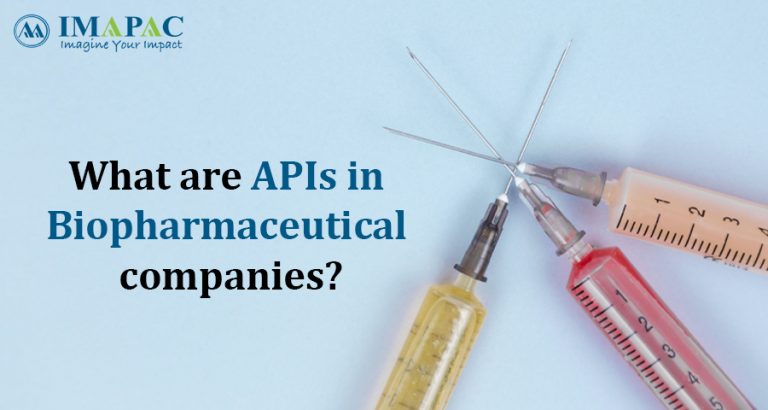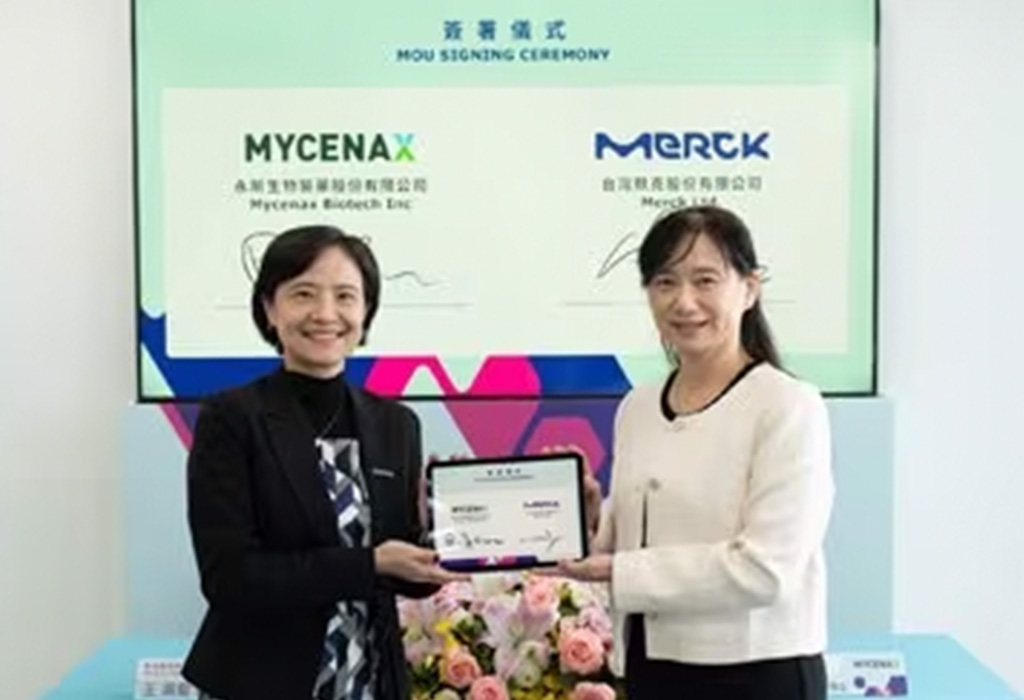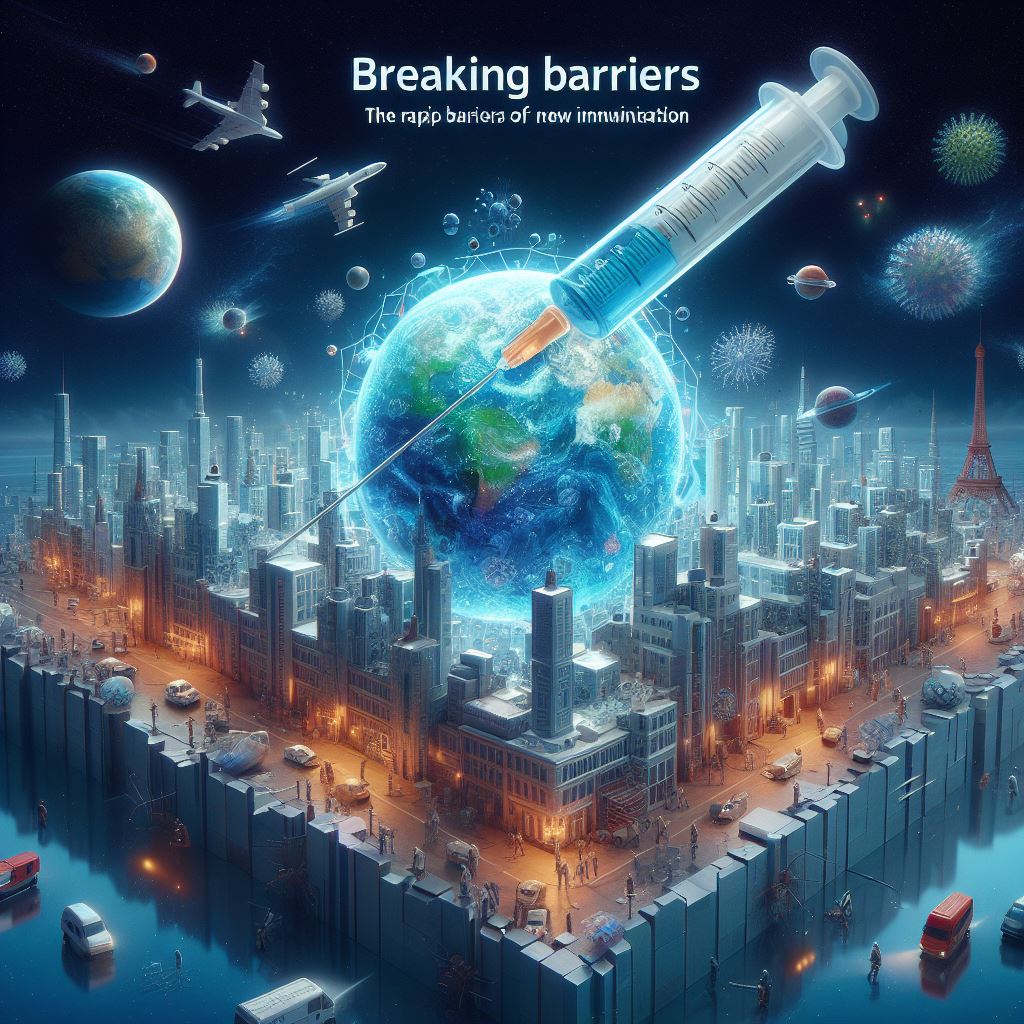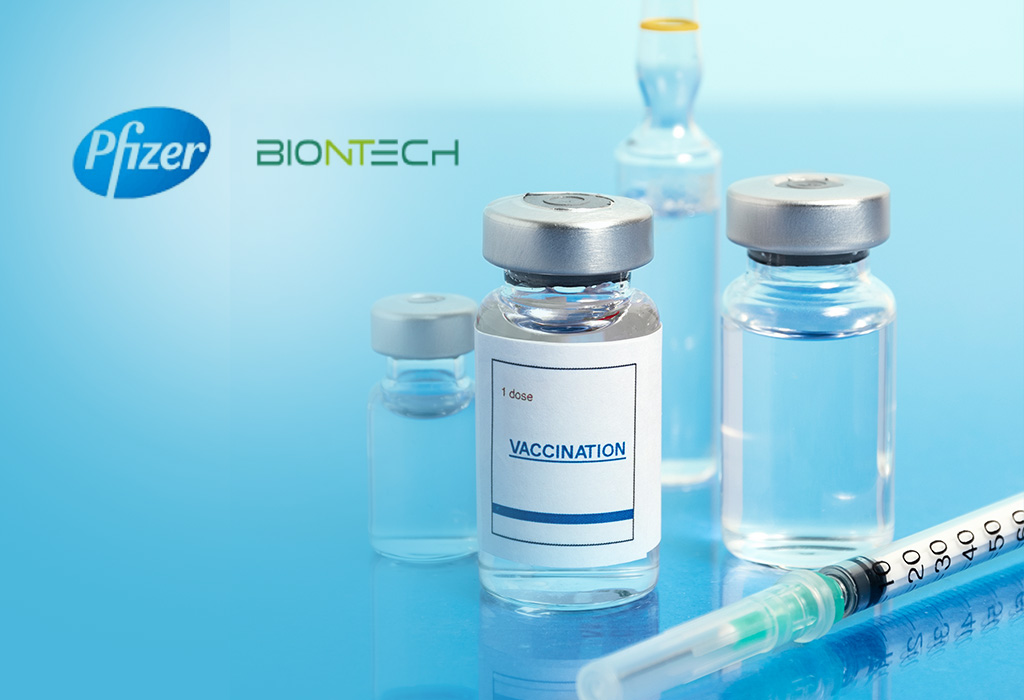What are APIs in Biopharmaceutical companies?
When you hear the term “biopharmaceutical companies”, you probably immediately think of businesses that make drugs. There are numerous businesses that create pharmaceuticals all around the world. Some can dispense medications directly to patients, from large pharmaceutical firms like Novartis, Pfizer, and Johnson & Johnson to neighborhood pharmacies. Naturally, everything is in between as well. To create medicines, all of these drug manufacturers use APIs. What, though, are APIs?
The term “active pharmaceutical ingredient,” or “API,” refers to a substance in a drug. For instance, painkiller contains an active ingredient for pain relief. It is known as API. Only a small portion of this active ingredient is present in the medication because even a small bit has a significant effect. Additionally, its name and dosage amount are listed on the OTC drug box.


Active Pharmaceutical Ingredients: Types
The two primary categories of active medicinal components are natural and synthetic chemicals. Below are further details regarding these two sorts of APIs, along with samples of each:
Small molecules, or synthetic chemical API, account for a sizable portion of the commercial pharmaceutical sector.
These natural chemical APIs are used to create top biologics companies. Additionally, they are rising in popularity in the API pharma sector. But tiny drug compounds continue to dominate the pharmaceutical industry.
Components of Drugs
Every drug consists of two basic components: the active pharmaceutical ingredient (API), which is the main ingredient, and the excipient, which are molecules other than pharmaceuticals that help the body absorb the medication. Excipients are substances that are chemically inactive, such as the lactose or mineral oil in the pill. The Active Pharmaceutical Ingredient (API) is created by various chemical compounds rather than through a single reaction from raw ingredients.
APIs’ potency
The strength of each API is determined by the manufacturer using a set of specifications. But it can differ significantly from brand to brand. Every brand may employ unique test strategies, which may produce unique results. In every instance, the FDA requires the makers to demonstrate the effectiveness of their medications using real patients in addition to laboratory circumstances.
What country makes APIs?
India and other Asian nations currently produce the most APIs. Indian companies make up the majority of those that manufacture active pharmaceutical ingredients. However, Asia is the source of the bulk of APIs in the world, as the majority of raw materials are produced there. The majority of the time, APIs are produced as powder and subsequently sold in significant numbers to the pharmaceutical industry.
Guidelines
APIs must abide by strict quality and safety regulations established by the country that manufactures them. Even if manufacturing is outsourced, API firms must abide by the tight regulations set forth by the relevant health authorities. For instance, even if it is produced in Japan or Korea for distribution in the US, it will still be inspected in accordance with FDA regulations. Keeping up with API regulatory benchmarks is essential for manufacturers because regulations are evolving.
In medicine, API produces the desired effects for treating the illness. Say that Paracetamol is the API for Crocin and that it is the API Paracetamol that relieves bodily aches and fever. While single-dose medications like Crocin only use one API, fixed-dose combination medications use many APIs. Overall, the most important raw material for creating the completed drug is the chemical compound.


The Goodness of APIs (active pharmaceutical ingredients)
Of course, the purpose of medication is to benefit patients. Therefore, we must be aware of the safety of the substances, including the API. An API must satisfy the safety and quality requirements of the nation where its end users are situated, regardless of where it was made.
Local authorities inspect businesses along the full API supply chain. They might also be subject to inspection by foreign governments, and independent firms may audit one another’s businesses.
When everything is in order, companies are given a specific certificate, such as GMP or a written certification, so other specialists in the industry can know without having to examine or audit themselves that that particular company conforms with the industry requirements. B2b Pharmaceutical buyers won’t be permitted to make purchases from failing companies unless the problems have been fixed and the company has undergone another inspection.
Every batch of produced API is examined by laboratories in addition to being inspected by the factory or production facility. Depending on the circumstances, it is even possible that a single batch is examined multiple times, including by the company that produced it, a third-party laboratory, a trader who buys it, and a hospital that will use it.
The market for active pharmaceutical ingredients is expanding as a result of an aging population and an increase in chronic diseases. Effective APIs point to improvements in healthcare, and the world’s expanding need for biopharmaceutical companies in a pandemic-prone, health-conscious society portends enormous growth in business potential.





